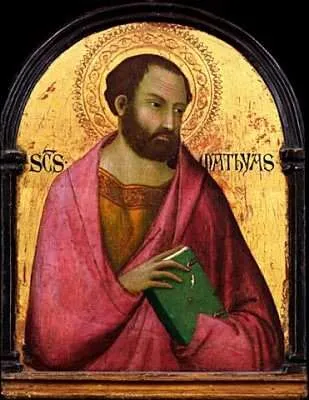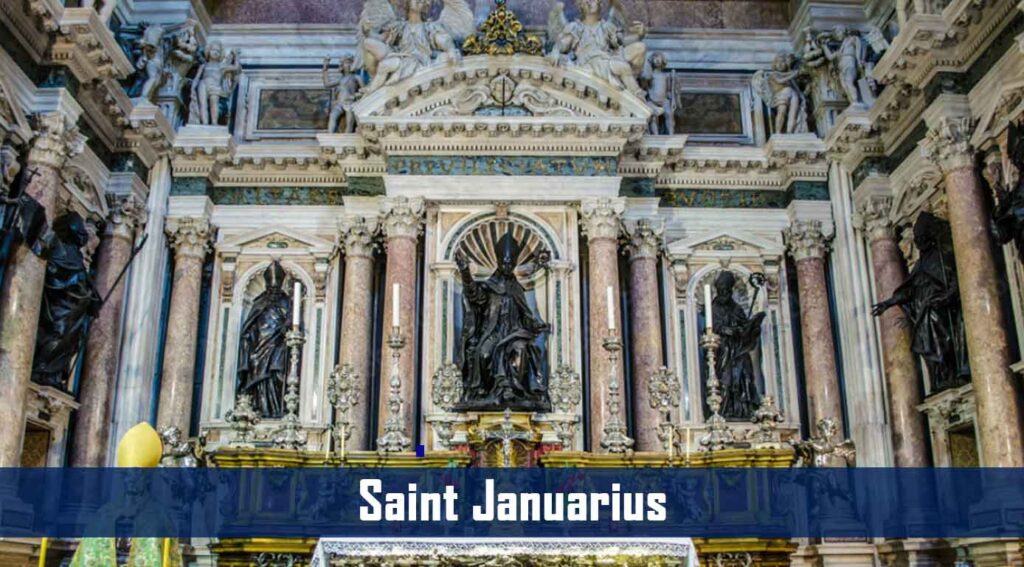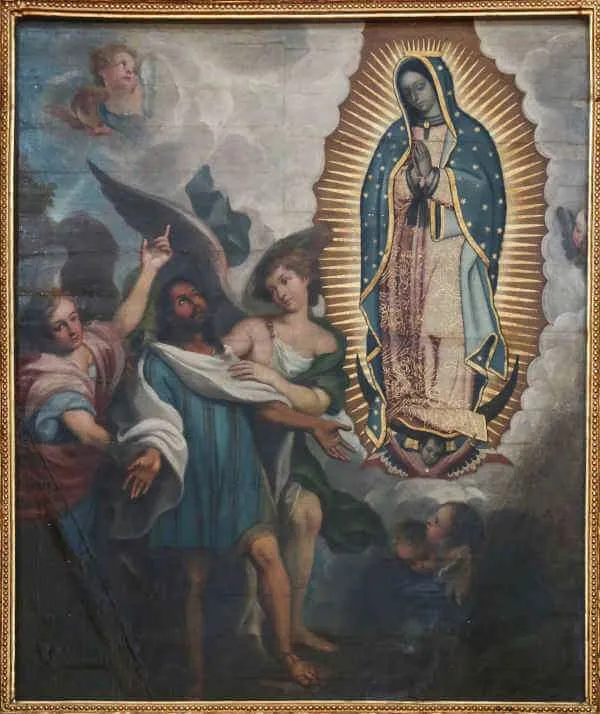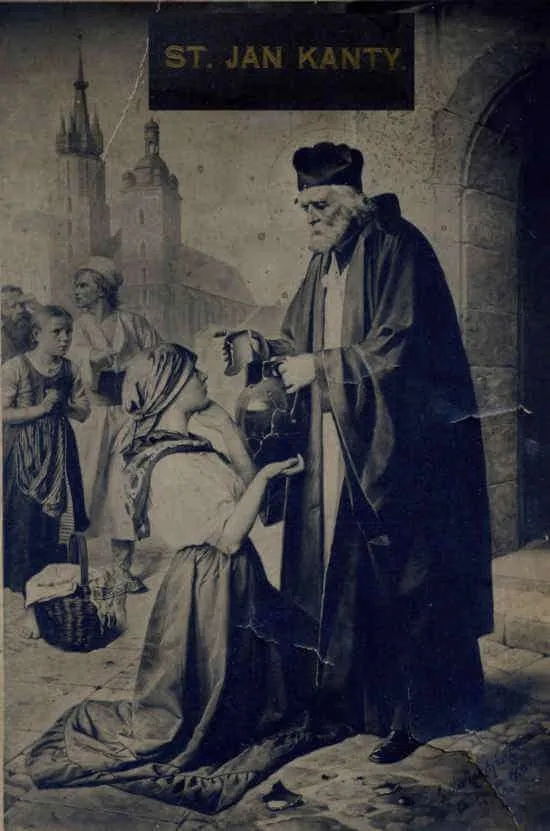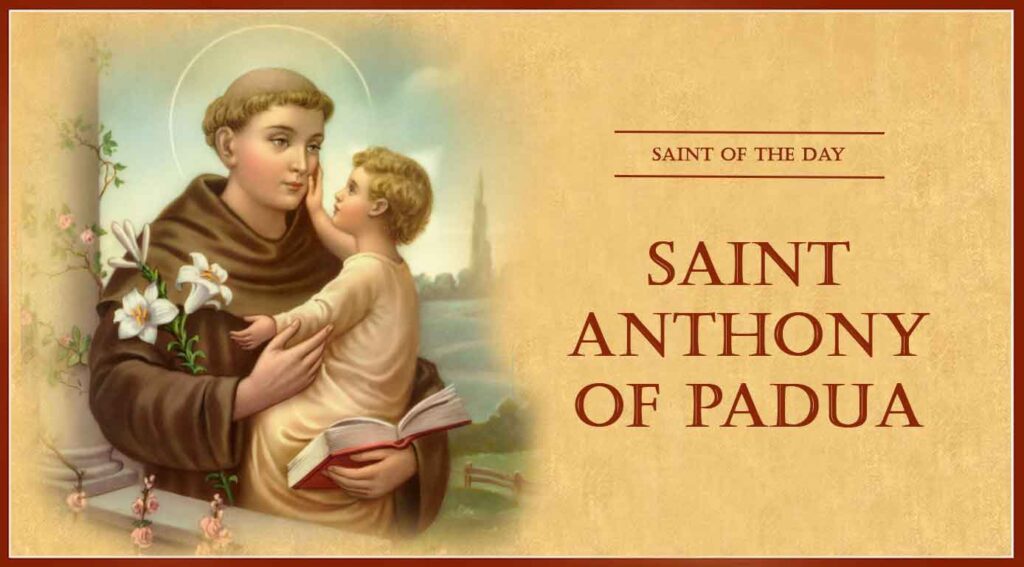First Century; Patron Saint of alcoholics, carpenters, and tailors; Invoked against smallpox Pre-Congregation canonization
Very little is known about Saint Matthias, whom we honor today. He was most likely living in Galilee at the time that Jesus began His public ministry because he fits the description as “…one of the men who accompanied us the whole time the Lord Jesus came and went among us, beginning from the baptism of John until the day on which he was taken up from us…” (Acts 1:21–22). He certainly was among Jesus’ first followers.
After Judas betrayed our Lord, the Gospel of Matthew says that Judas “went off and hanged himself” (Matthew 27:5). In the Acts of the Apostles, the Apostle Peter describes Judas’ death this way: “…falling headlong, he burst open in the middle, and all his insides spilled out” (Acts 1:18). Regardless of how Judas died, he was one of the Twelve. Twelve is an important number in the Bible because there were twelve sons of Jacob (later given the name Israel) and those twelve sons established the twelve tribes that made up the people of Israel. Therefore, when Judas died, Peter recommended that someone be appointed to replace him so that the Apostles would once again number twelve. Peter quoted Psalm 109 that prophesied, “May another take his office” (Acts 1:20).
In order to pick a suitable successor, the approximately 120 disciples who were gathered together at that time in Jerusalem, perhaps in the upper room where the Last Supper had been celebrated, elected two who had been with Jesus from the beginning. Most likely these men were among the seventy-two disciples that Jesus had sent out on a mission of evangelization during His public ministry. The Acts of the Apostles describes it this way: “So they proposed two, Joseph called Barsabbas, who was also known as Justus, and Matthias. Then they prayed, ‘You, Lord, who know the hearts of all, show which one of these two you have chosen to take the place in this apostolic ministry from which Judas turned away to go to his own place.’ Then they gave lots to them, and the lot fell upon Matthias, and he was counted with the eleven apostles” (Acts 1:23–26).
Even though there were about 120 disciples gathered together, the Twelve were singled out as Apostles. This election of Matthias took place prior to Pentecost, so when the Holy Spirit came, it came upon Matthias as an Apostle, and the Twelve as a united body, along with the rest of the disciples.
One significant theological point to consider is that because it was Peter who organized the elevation of a disciple to the responsibility of Apostle, it is clear that the Apostles did not not believe that Jesus intended the role of Apostle to end with the deaths of the Twelve. Jesus intended their ministry to continue and even to expand beyond twelve as the Church expanded beyond Jerusalem. The appointment of Matthias as an Apostle clearly teaches us that the pope, the successor of Saint Peter, has the authority and responsibility to appoint new Apostles—bishops—as needed.
After this mention of Matthias in the Acts of the Apostles, nothing more is said about him. We know nothing for certain about his life and ministry after his becoming one of the first bishops of the Church. According to various traditions, Matthias traveled north to Cappadocia, modern-day central Turkey, and then east to the Caspian Sea, modern-day Georgia. He is believed to have died a martyr by crucifixion or may have even been stoned and then beheaded. Other traditions state that he traveled south to modern-day Sudan and Ethiopia.
The Church Father from a century later, Saint Clement of Alexandria, quotes Saint Matthias as follows: “It behooves us to combat the flesh, and make use of it, without pampering it by unlawful gratifications. As to the soul, we must develop her power by faith and knowledge.” This quote reveals the deep spiritual knowledge Saint Matthias had regarding the importance of the mortification of the flesh and the spiritual necessity of faith. There is little doubt that the three years he spent as a disciple of Jesus prepared him for his ministry as a bishop. And there is little doubt that his ministry as a bishop brought about the conversion and sanctification of many.
Source: https://mycatholic.life/saints/saints-of-the-liturgical-year/may-14—saint-matthias-the-apostle/

